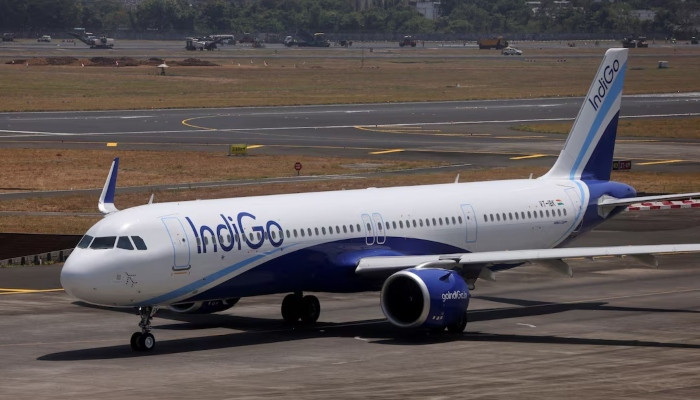Pakistan Extends Airspace Closure for Indian Flights
Pakistan has opted to prolong the closure of its airspace to flights originating from India for another month.
Sources suggest that the official announcement is anticipated either today (Wednesday) or tomorrow, which will be immediately followed by the issuance of a Notice to Airmen (Notam).
According to International Civil Aviation Organisation (ICAO) regulations, airspace restrictions are limited to one-month increments, necessitating recurring extensions.
This determination was reached after a National Security Committee (NSC) meeting earlier this month, where Pakistan affirmed its stance to deny overflight permissions to India, responding to India’s escalatory actions post-Pahalgam. These constraints affect both commercial and military aviation.
The extension occurs amidst ongoing tensions between the two nuclear-armed nations, a situation intensified by the Pahalgam incident in April, which tragically resulted in the loss of 26 tourists’ lives in Indian Illegally Occupied Jammu and Kashmir (IIOJK).
India had unilaterally imposed its own airspace restrictions on Pakistani flights starting April 23, prompting a subsequent reciprocal action from Islamabad the following day. Further measures were then enacted by India against Pakistan.
Subsequently, on May 6-7, India initiated unprovoked attacks on various Pakistani cities. Consequently, the armed forces of Pakistan executed a robust retaliatory operation, known as “Operation Bunyan-um-Marsoos”, targeting multiple Indian military installations across several regions on May 10.
Pakistan’s response garnered attention from global powers, ultimately leading to a ceasefire agreement that remains in effect.
Although India’s aviation sector has suffered substantial losses, the impact on Pakistani aviation remains minimal. With a single eastbound route redirected through China and limited activity in the Far East, Pakistan’s aviation industry has been largely unaffected.
This isn’t the first instance of such constraints imposed by Pakistan. Similar airspace closures were implemented during the 1999 Kargil conflict and the 2019 Pulwama crisis. In both scenarios, India’s aviation sector faced more significant disturbances compared to Pakistan’s.
Sources indicate that Indian airlines have experienced losses exceeding Rs8 billion in the preceding month alone, including Rs5 billion in added fuel expenses and Rs3 billion in expenditures linked to mandated stopovers for long-distance flights.
Sources reveal that Indian carriers utilizing Boeing 777 and Airbus A320 series aircraft have encountered an additional 2 to 4 hours of flight duration per journey. With around 150 flights rerouted daily, fuel consumption has risen sharply.
Experts estimate that a Boeing 777 consumes approximately 6,668 kilograms of fuel per hour, whereas an Airbus A319, A320, or A321 utilizes approximately 2,400 kilograms per hour. Given the current average jet fuel cost of $0.82 per kilogram, Indian airlines are incurring nearly $557,625 daily in additional fuel costs alone, translating to over Rs5 billion in fuel-related losses within a month.
Furthermore, prolonged travel durations have activated crew duty hour restrictions, necessitating crew changes at intermediate airports. These layovers also introduce added costs for landing charges, refueling, and airport amenities. Over the past 30 days, these stopover-related costs have totalled between Rs2.5 and Rs3 billion.
Air India is reportedly the most affected carrier and has appealed for monetary assistance from the Indian government. Other airlines, including Akasa Air, SpiceJet, IndiGo, and Air India Express, have also encountered operational disruptions.
Flights departing from Amritsar, Delhi, Ahmedabad, Bangalore, and Jaipur are now compelled to utilize extended western routes over the Arabian Sea. These deviations impact flights heading to destinations in North America, Europe, and the Middle East.
Sources suggest that if the ban persists and the Indian government refrains from providing special assistance, Indian airlines might be compelled to undertake drastic measures to sustain operations.



Comments (0)
No comments yet. Be the first to comment!
Leave a Comment